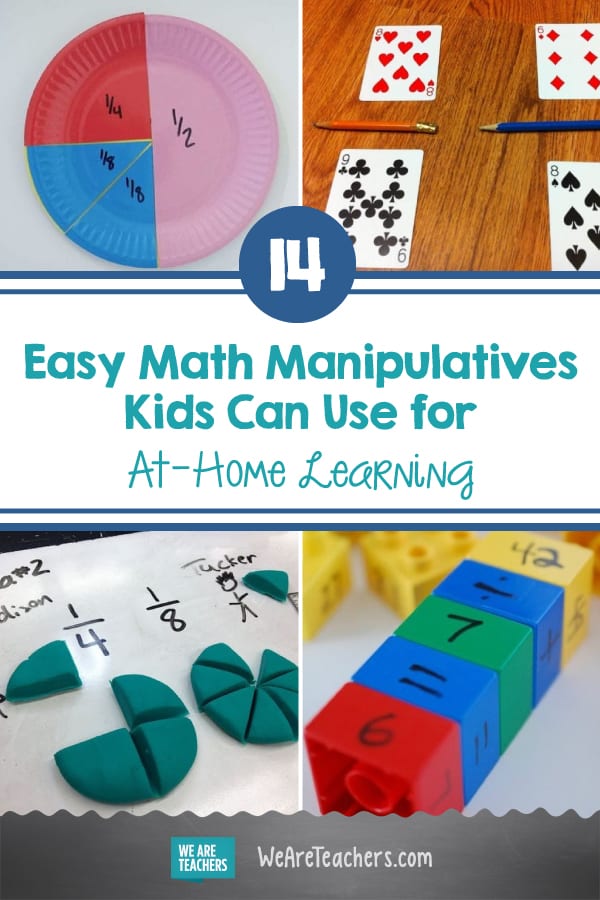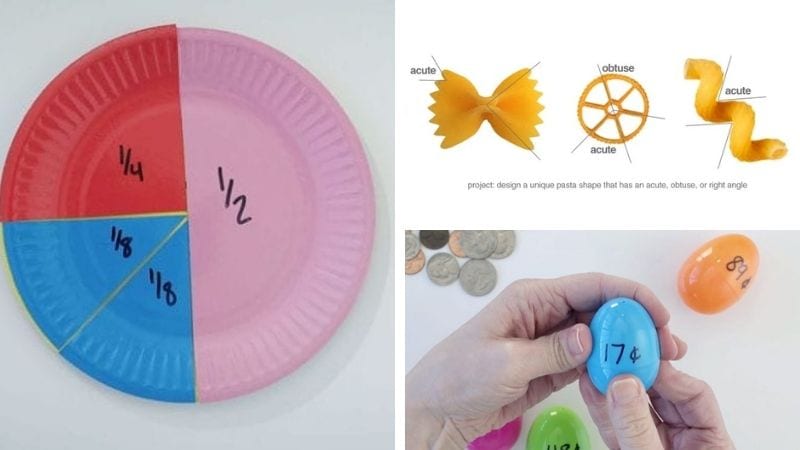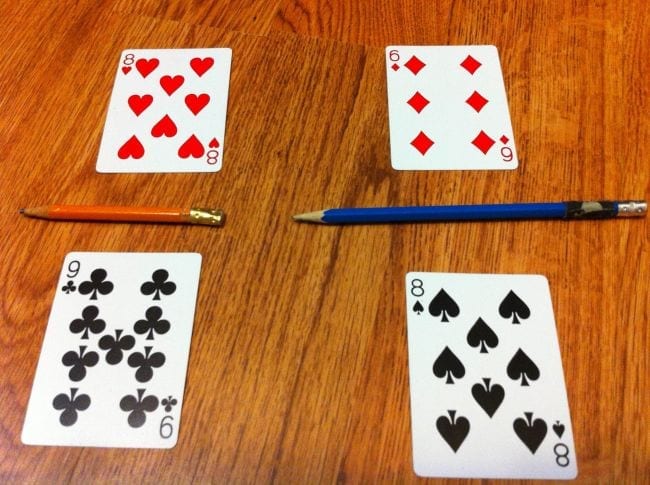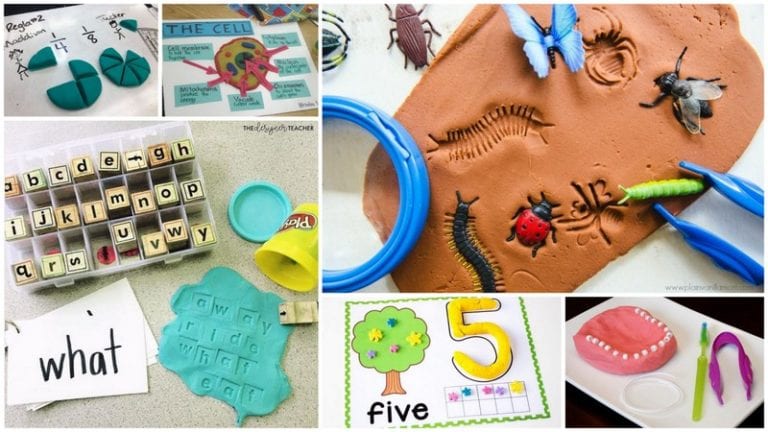There are so many challenges we’re facing with teaching remotely or in a hybrid model. One issue is that students might not have access to the colorful and fun manipulatives you are used to teaching with. But chances are, students will have at least some of the at-home math manipulatives below. Stay flexible with the manipulatives kids choose to use and invite them to explore the math learning around them.
1. Beans, cereal, or dried pasta
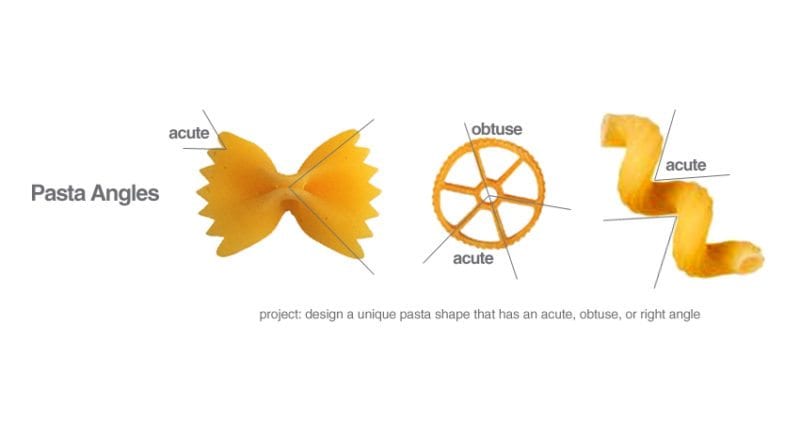
Little kids can use dried goods as counters, or to practice estimation or measurement. Challenge older students to find the angles in dried pasta, like the activity above!
2. Dice
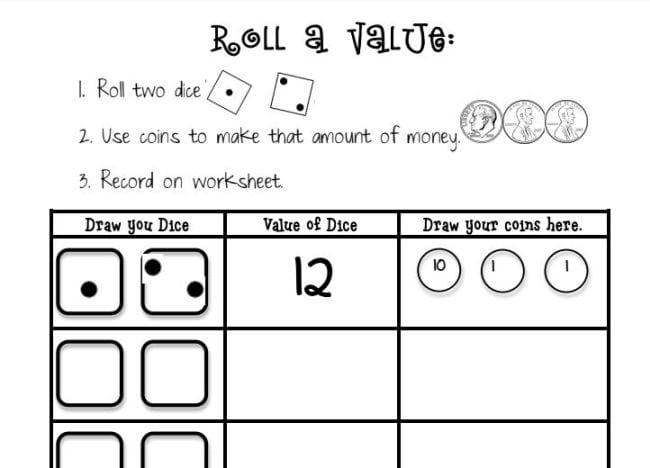
SOURCE: Sarah’s First Grade Snippets
Not all kids will have access to dice (no harm in borrowing from a favorite board game), but if they do, there are so many fun ways to use them for math learning.
[contextly_auto_sidebar]
3. Playing cards
We love using cards to teach evens and odds, or to play a fun math card game.
4. Coins
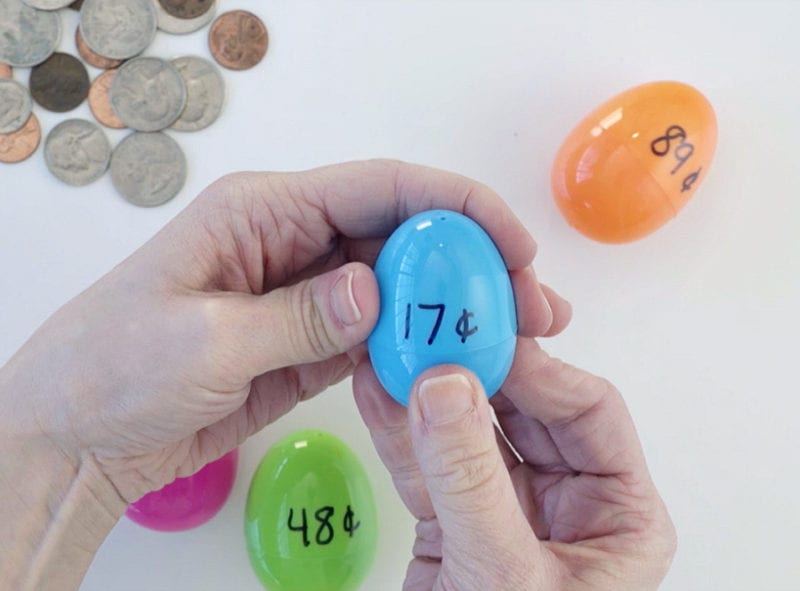
Students can obviously use coins to practice money skills, but they also make great counters or weights for other units.
5. Beads
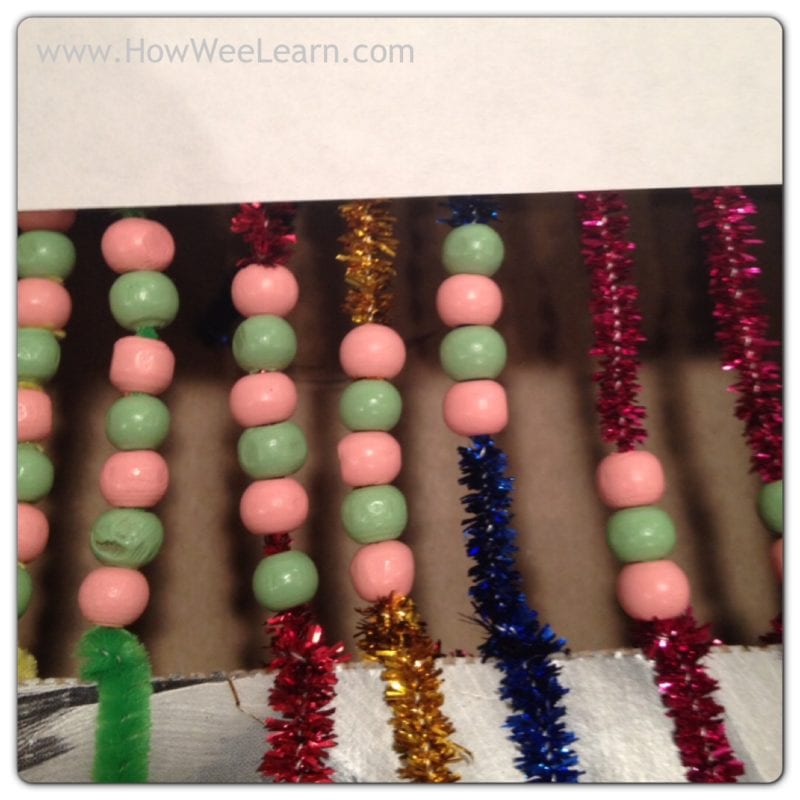
SOURCE: How Wee Learn
String beads on pipe cleaners to use them as counters, or place them in egg cartons as impromptu ten-frames.
6. Buttons
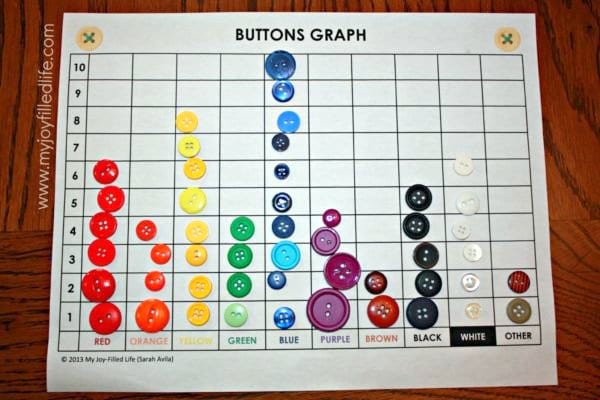
SOURCE: My Joy-Filled Life
A jar full of loose buttons isn’t as common as it once was, but if your students have access to them, they can be a fun way to support all kinds of learning. Check out our favorite ways to use buttons for learning here.
7. Loose parts
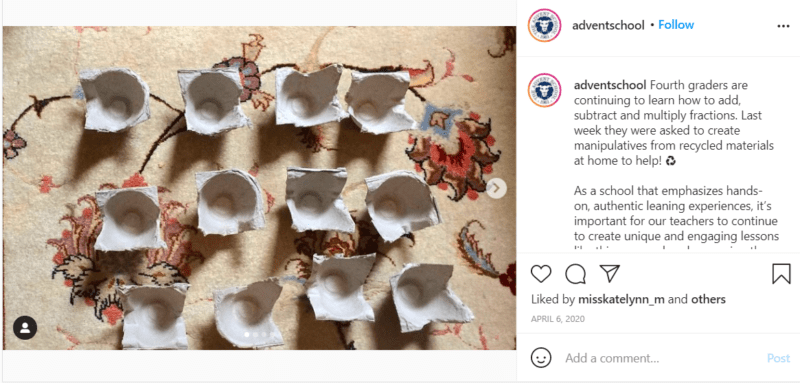
Source: @adventschool
In early childhood, educators use the term “loose parts” to describe any group of items that could be used for learning, such as seashells, egg cartons, blocks, Barbie shoes … the list goes on. When it comes to at-home math manipulatives, older kids can adopt a “loose parts” philosophy too. Here are some of our favorite ways to use loose parts for learning.
8. Paper plates
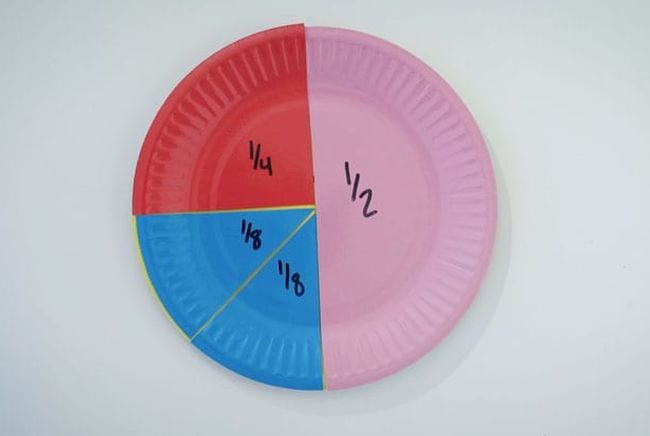
Students can use paper plates to explore fractions, fact families, and more. Check out some of our favorite ways to use paper plates here.
9. LEGO bricks
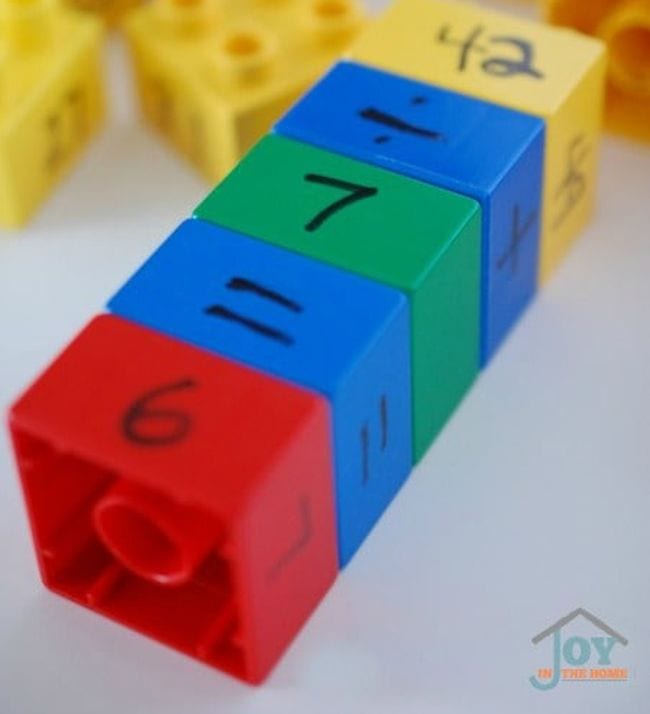
SOURCE: The Joyfilled Mom
LEGO bricks are an amazing manipulative in and out of the classroom and can be used to teach almost any math skill you can think of. Here are some of our favorite ways to teach math with LEGO.
10. Play-Doh
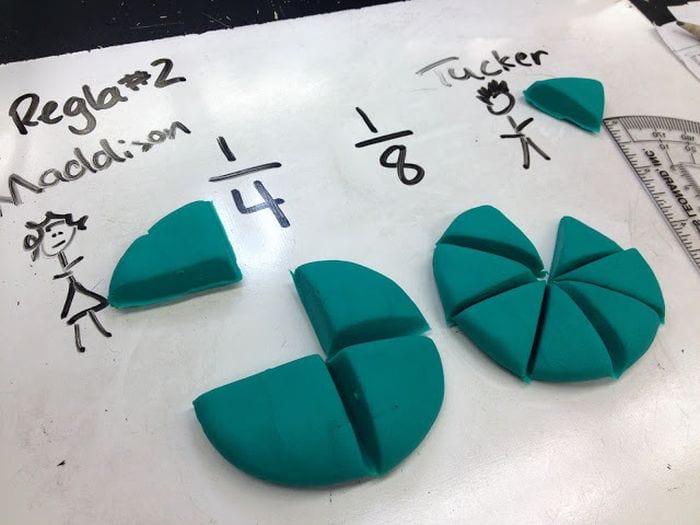
SOURCE: FlapJack Educational Resources
Play-Doh is great for tactile and sensory learners! Use it to practice fractions, model 3D shapes, and more. Check out more ideas for using Play-Doh here.
11. Craft sticks
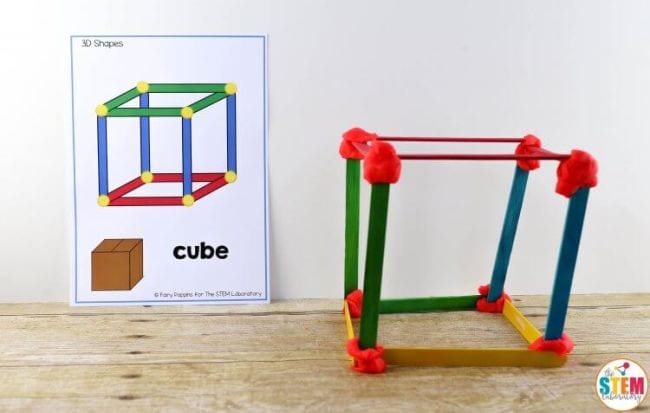
SOURCE: The STEM Laboratory
Pair craft sticks (or regular sticks from outside!) with Play-Doh to build geometric shapes. See more ideas for using craft sticks here.
12. Yarn
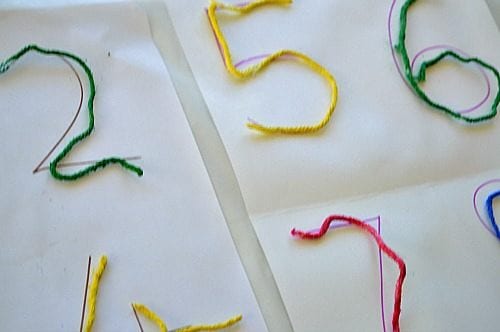
SOURCE: Fun Littles
Younger students can use yarn to make numbers and practice non-standard measurement. Older kids might try making one of these geometric line designs.
13. Cardboard or other recyclables
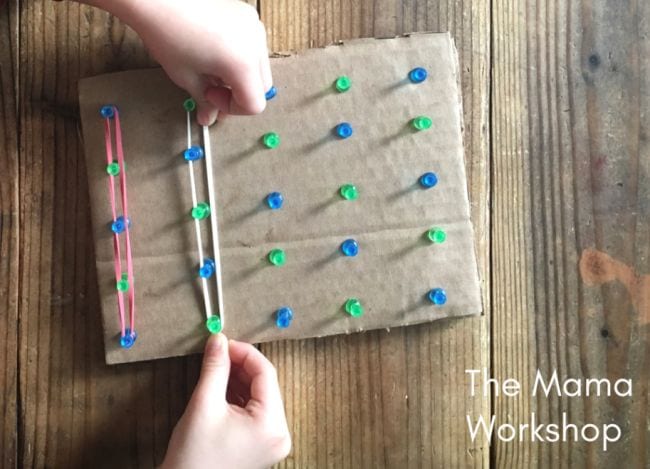
SOURCE: The Mama Workshop
Have students hit the recycling bin to create their own math manipulatives from cardboard, bottle tops, or other recyclables. Here’s our full list of ways to teach with cardboard.
14. Pumpkins, apples, or other produce
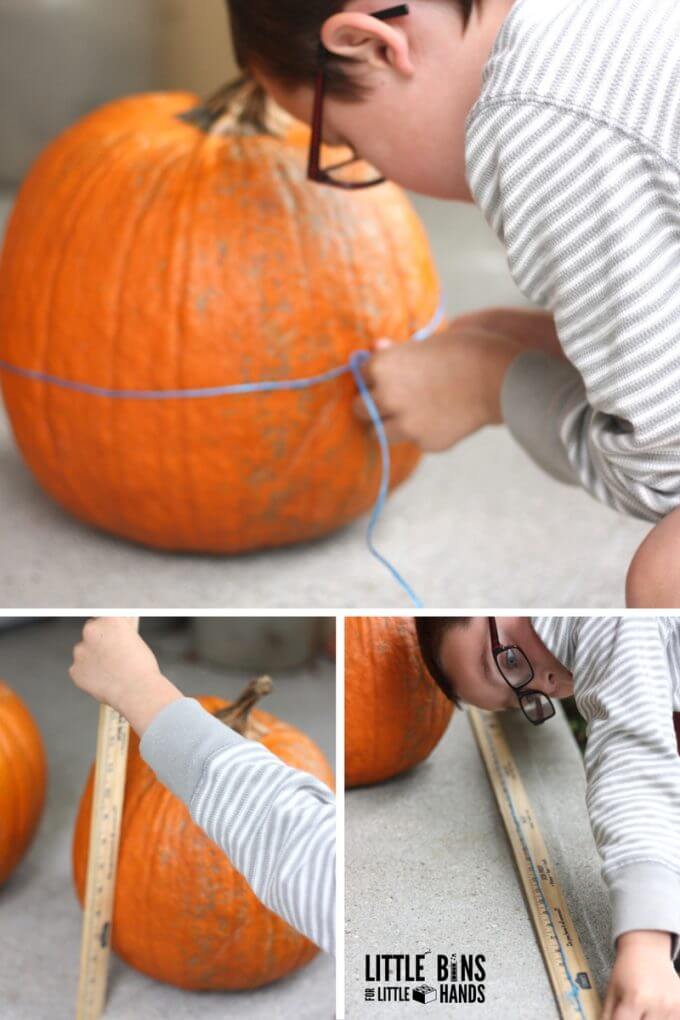
SOURCE: Little Bins for Little Hands
The refrigerator is another place to turn for math learning. Check out ways to teach math with pumpkins and apples.
What at-home math manipulatives have worked for you? Come and share in our WeAreTeachers HELPLINE group on Facebook.
Plus, the best websites for teaching math.
